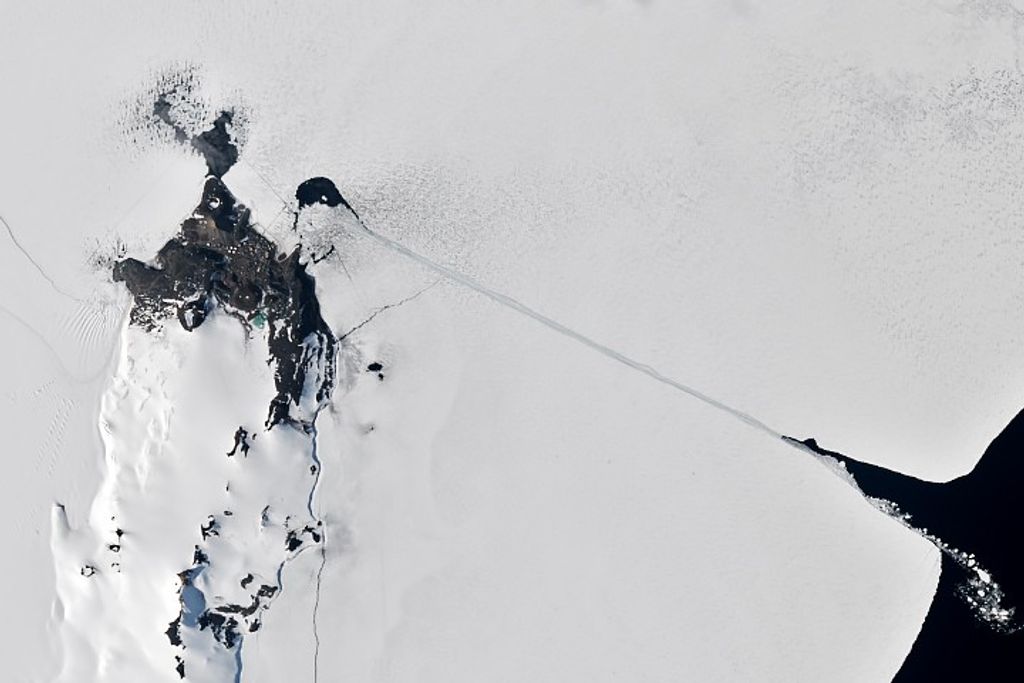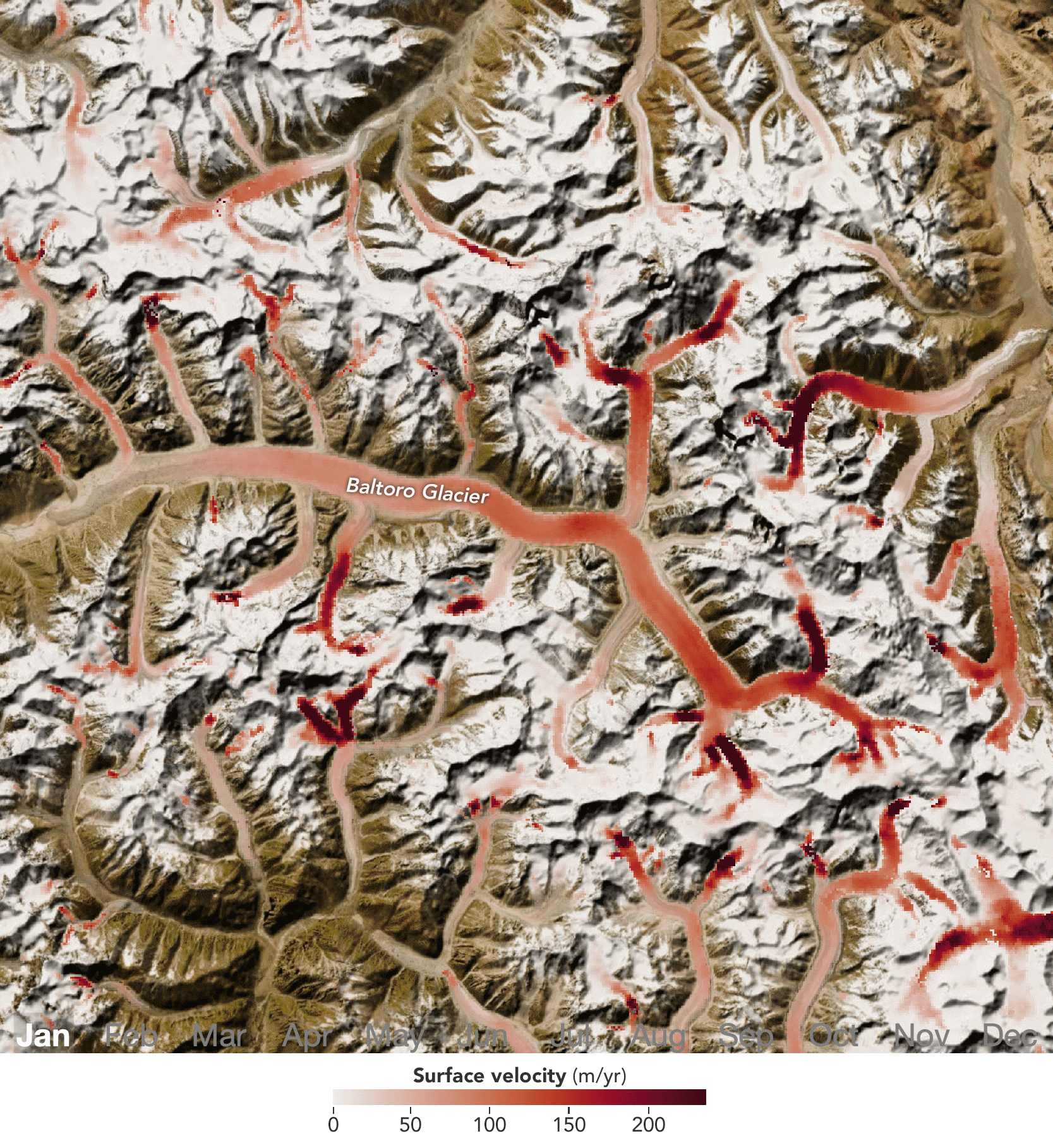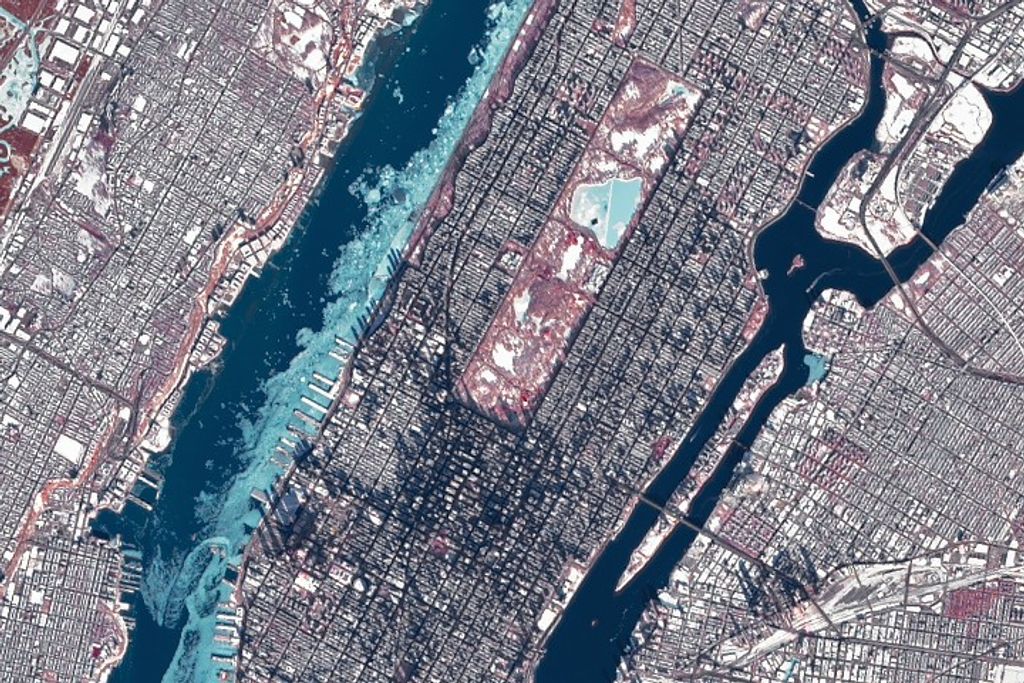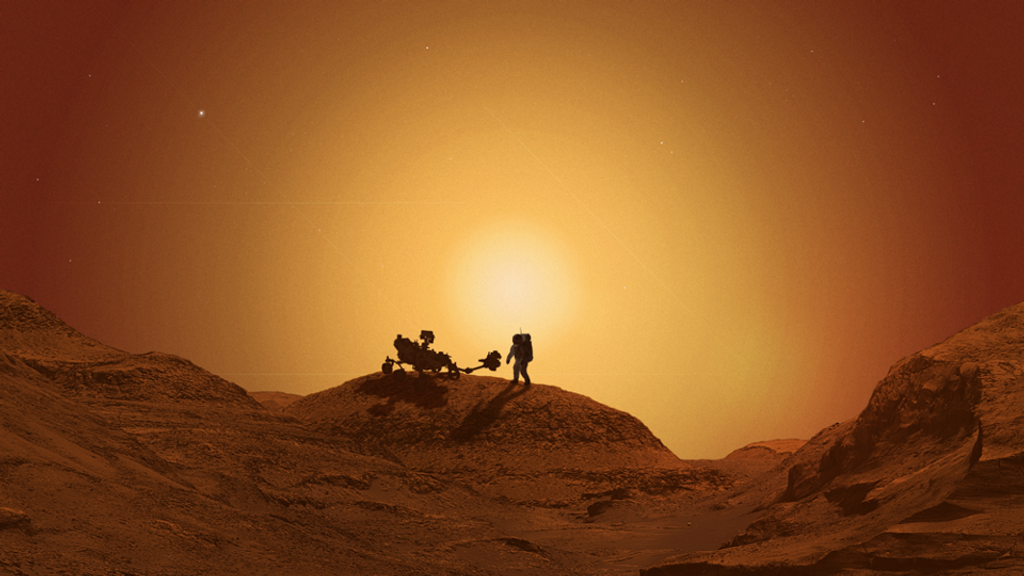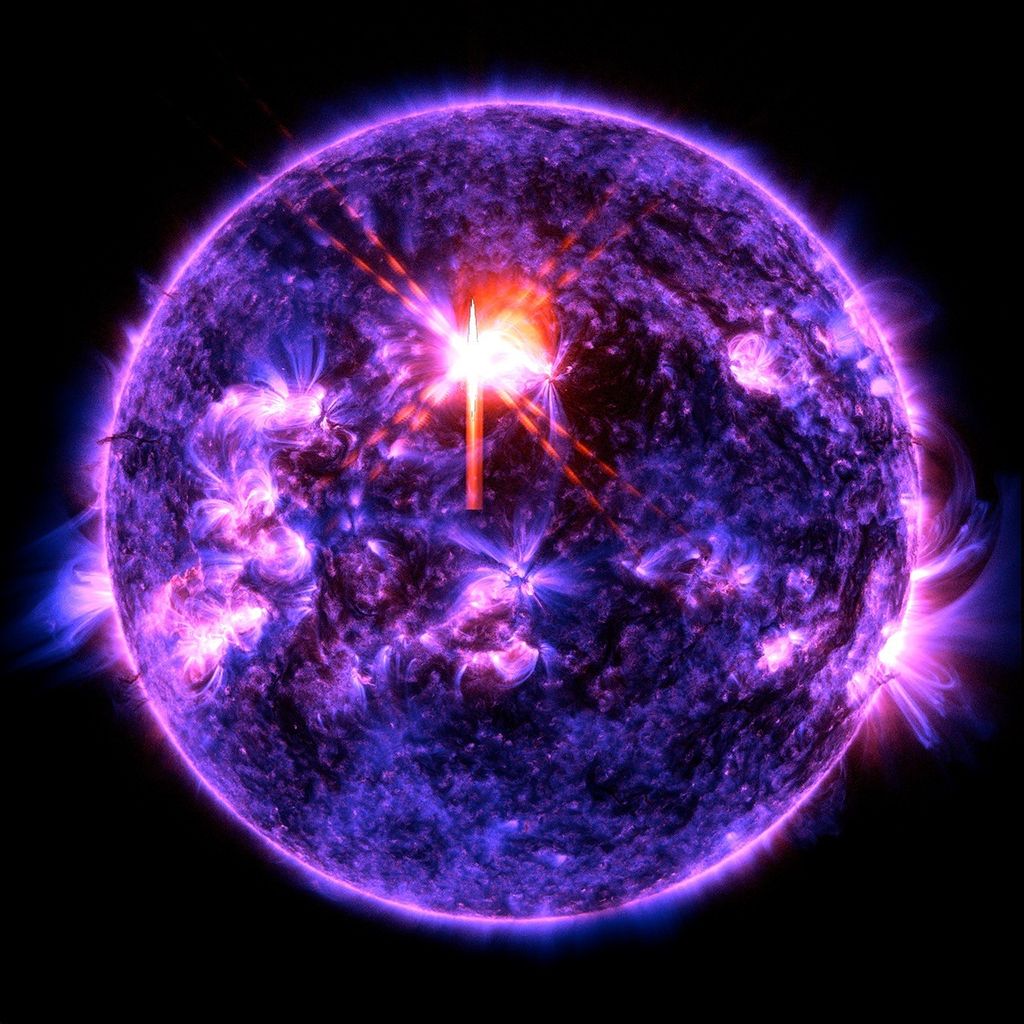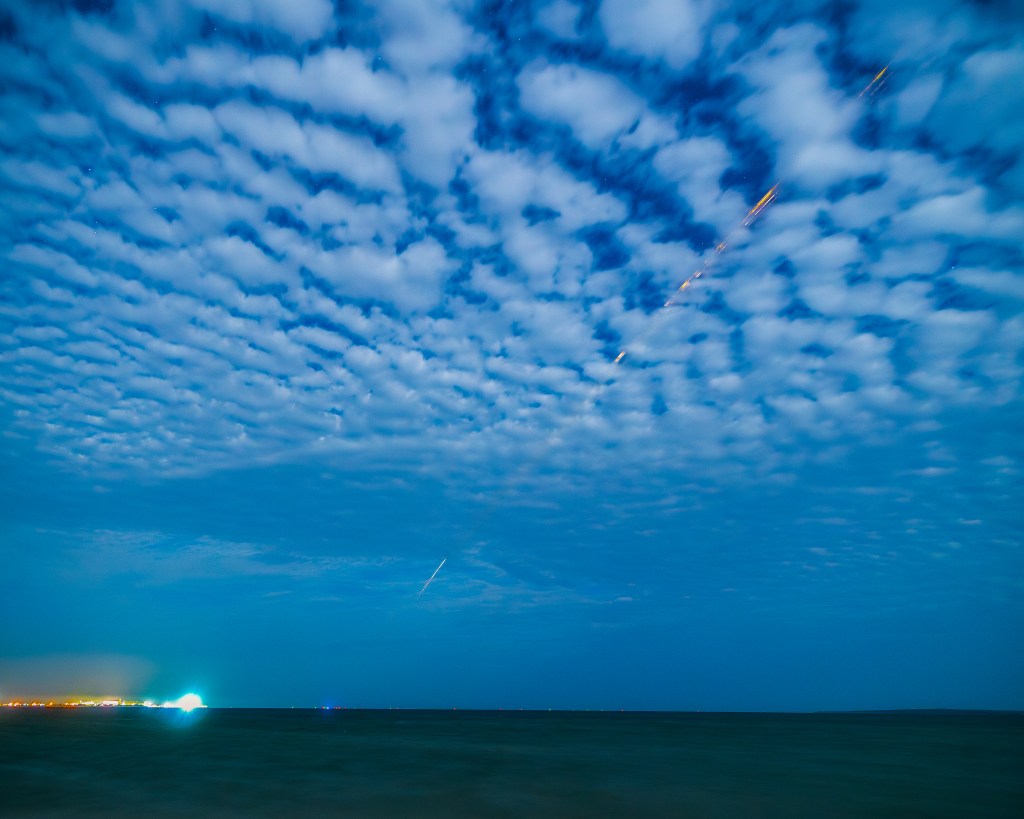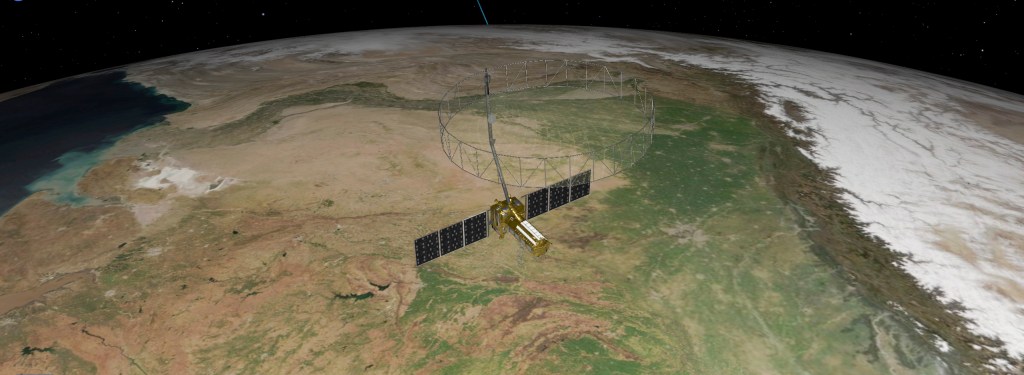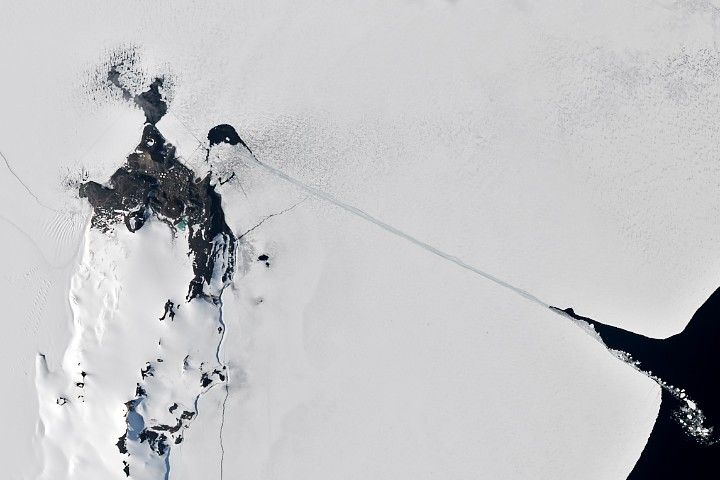GLOBE Observer Citizen Science Data Featured in Two Recent Research Publications
NASA GLOBE (Global Learning and Observations to Benefit the Environment) Observer citizen scientists contributed data for two recent articles featured in Insect’s Special Issue, Citizen Science Approaches to Vector Surveillance. This Special Issue featured research applying citizen science approaches to mosquito vector surveillance, including the use of targeted citizen science projects, smartphone apps, social media, online databases, and other passive surveillance methods for the collection of vector data.
Authors of one of the articles, entitled "Building International Capacity for Citizen Scientist Engagement in Mosquito Surveillance and Mitigation: The GLOBE Program’s GLOBE Observer Mosquito Habitat Mapper" (Low et al., 2022), included two students who were 2020 participants of the Earth System Explorers Research Team that is part of the NASA STEM Enhancement in the Earth Sciences (SEES) summer high school internship. The foundational paper describes the GLOBE Observer app and the Mosquito Habitat Mapper information system, provides examples of the use of Mosquito Habitat Mapper data in scientific research, and outlines an education and outreach campaign from the NASA Earth Science Education Collaborative (NESEC) that supports citizen scientists, teachers, and students worldwide. Download the full text version of this article: https://www.mdpi.com/2075-4450/13/7/624
In the second article, "Integrating Global Citizen Science Platforms to Enable Next-Generation Surveillance of Invasive and Vector Mosquitoes" (Carney et al., 2022), the authors standardized and combined data from multiple international citizen science apps – Mosquito Alert, iNaturalist, and GLOBE Observer’s Mosquito Habitat Mapper and Land Cover – to establish a new surveillance system to serve as a united front to combat the ongoing threat of mosquito-borne diseases worldwide. The paper describes a coordinated media campaign that generated unprecedented numbers and types of observations, including successfully capturing the first images of targeted invasive and vector species. These data are also being used in the development of artificial intelligence software to automatically identify the species and anatomical parts of mosquitoes. Dr. Russanne Low, Science Lead for GLOBE Observer Mosquito Habitat Mapper, is a coauthor of this article, as are several undergraduate and graduate students from the University of South Florida. Download the full text version of this article: https://www.mdpi.com/2075-4450/13/8/675
GLOBE Observer is funded under the NASA Earth Science Education Collaborative (NESEC). NESEC is supported by NASA under cooperative agreement award number NNX16AE28A and is part of NASA's Science Activation Portfolio.

